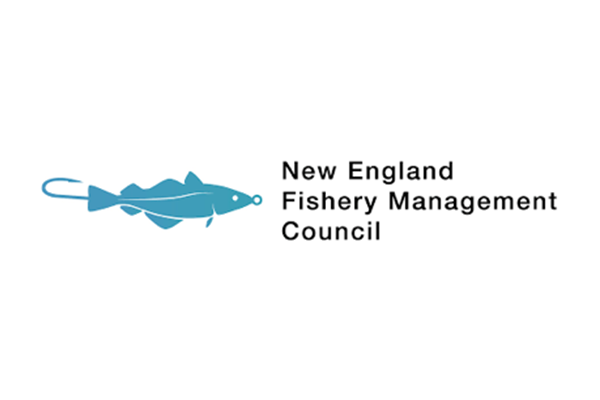Groundfish Stakeholder Engagement
Building networks of fishing communities to ensure ecologic and economic resilience
The Fisheries Technical Assistance Program supports adaptive fishing communities in the Gulf of Maine by engaging marine stakeholders to share knowledge, learn, and make decisions that nurture ecologic and economic resilience. We assist the fishing industry to assess, prepare for and thrive under change, serve as impartial conveners to fisheries stakeholders and managers, and facilitate learning experiences to help harbor the future success of fishing communities in the Gulf of Maine.
Project Goals:
- Facilitate collaborative efforts within New England’s commercial fishing industry to promote the long-term prosperity of local fisheries and fishing communities.
- Create neutral spaces where where marine stakeholders can freely share ideas, resources, experiences, and better management practices.
- Build adaptive capacities in our fishing communities by working together towards common goals in the face of dynamic challenges.
In 2010, the commercial groundfish fishery in New England adopted Amendment 16 to the Northeast Multispecies fisheries management plan. This Amendment instituted sector management, a catch share program that allows all vessels with federal limited access permits to join voluntary cooperatives called “sectors”. Each sector is allocated a total amount (in pounds) of fish it can harvest for each groundfish stock, and that allocation may be traded within and across sectors. Amendment 16 also implemented sector-specific monitoring and enforcement provisions, primarily controlled by each sector's catch limits.
The National Oceanic and Atmospheric Administration’s (NOAA) catch share policy requires Fishery Management Councils to conduct periodic performance reviews to evaluate whether these new catch share programs are meeting their intended goals and objectives. In 2019, the New England Fishery Management Council launched its first review of the Northeast Multispecies (groundfish) catch share program. As part of that process, the Council commissioned the Gulf of Maine Research Institute (GMRI) to gather public comments about the groundfish sector management system in a series of port meetings. These meetings provided stakeholders with a forum where they could share their perspectives, experiences, and on-the-water observations regarding changes to the fishery and to their communities as a result of the new sector management system.
In the summer of 2019, we met with fishermen, community stakeholders, and industry leaders in 9 ports throughout New England, who shared comments about both the specific characteristics of the sector management system, and the ripple effects of the system on their ports, communities, and businesses. We reported these comments to the Council in a preliminary presentation in September 2019, and in a formal report in March 2020.
We found that the introduction of sector management into New England’s groundfish fishery in 2010 changed virtually every aspect of the fishery. It not only impacted the way individual vessels operated, but also the how vessels operators and fishermen interacted with each other, federal regulators, and the marketplace. While opinions varied across and within ports, comments touched on the revitalization of the groundfish fleet, improving stock assessments and ACE management, the impact of offshore wind development on assessments and allocation, and utilization of fisheries dependent data. It is our hope that this collective effort to capture feedback from the groundfishing community results in a deepening commitment from all sides to build trust, seek knowledge, and engage all perspectives to ensure the industry’s future.

Read the Sector Management Report
Project Team
Project Partner

The New England Fisheries Management Council (NEFMC) commissioned GMRI to conduct a series of port meetings to solicit public comment regarding catch share management in the NE Multispecies fishery.
Read Next
-
![Sea State Recap: Climate Resilience Potential in the Gulf of Maine]()
Sea State Recap: Climate Resilience Potential in the Gulf of Maine
Here's a recap of the Sea State seminar, Climate Resilience Potential in the Gulf of Maine, in case you missed it. This seminar took place …
Perspectives
-
![Your Favorite Stories from 2024]()
Your Favorite Stories from 2024
Take a look back at some of our most-read stories in 2024.
Perspectives
-
![2024 Research Progress Update]()
2024 Research Progress Update
Each year, to keep you updated on our research team's progress, we develop an update showcasing some of our lab's achievements. More broadly, this update …
Reports
-
![Coastal Storms 101]()
Coastal Storms 101
Learn about the forces behind coastal storms, their unique impacts on the Gulf of Maine, and how communities are working to adapt.
Perspectives



